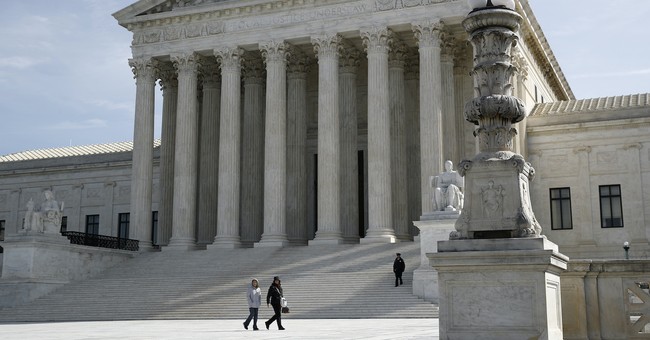
It’s almost like that kind of thing happens without causing controversy — unless the Defendant is named “Michael Flynn.”
On April 20, 2020, the Supreme Court — at the request of the United States — vacated cert in a case that had been fully briefed and ready for oral argument before the Court. It vacated the case after the Government notified the Court that it had filed a motion under Rule 48(a) to dismiss the indictment in the matter of United States v. Bronsozian.
The curious fact about the motion for dismissal is that it came long after the defendant was convicted at trial by a jury, his conviction was affirmed on appeal, and his case was pending in the Supreme Court awaiting oral argument.
What did the Supreme Court do?? Did it hold hearing to investigate why the Government would take such a step so late in the process, after the trial court had convicted and sentenced the defendant, the appellate court had upheld the conviction, and the Supreme Court had taken the case for review, with all the briefing having been done? Didn’t the Government understand the equities and interests of Art III courts in having all of its decisions as to Mr. Bronsozian undermined by such a late “reversal” and “change of heart” to undo everything that had been done?
No — the Court vacated the granting of cert., and remanded the matter back to the Ninth Circuit for further proceedings in light of the Government’s motion. In turn, two days ago the Ninth Circuit remanded the matter to the district court.
The district court has not acted yet, but should the trial court judge convene a hearing and call in representatives from DOJ to explain themselves?
Or should the district court consider the justification provided as part of the motion to dismiss and make a decision on the motion based on whether the justification provides a legitimate basis for the exercise of prosecutorial discretion to DISMISS a case that had made it all the way to the Supreme Court for review.
Basic facts — maybe an oversimplification which gets a detail or two wrong because I don’t have the time to dig out all the specifics.
Defendant was indicted under a tax statute for failure to register and pay a tax on an automatic machine gun he bought from an undercover agent. The problem with the theory of prosecution is that many years ago Congress passed a law saying people could not longer pay, and the Department of Treasury could no longer collect the tax payments on automatic weapons called for in the tax law.
As a result, it has been DOJ policy to charge a different crime with regard to possession of an unregistered machine gun — not the “tax” based crime. It’s hard to put someone in jail for not paying a tax that the law says you cannot pay.
But someone in Los Angeles didn’t get the memo, and in 2016 a federal prosecutor there charged Bronsozian with a crime because he didn’t pay the tax on the machine gun it was illegal for him to pay.
The US Attorney in Los Angeles defended the prosecution all the way up through the Ninth Circuit, and the trial court and appeals court affirmed the conviction. But when the matter was pending in before the Supreme Court, the Solicitor General’s Office — who would handle the briefing and argue the case there — said “Let’s take another look at this before we jump in with both feet.”
And after consideration of a lot of potential “collateral impacts” of pushing forward defending a tax that is not being collected (ACA sound familiar to anyone?), the Solicitor General decided that the wiser course of action for policy reasons was to abandon the matter, and seek dismissal of the case back in the trial court where the indictment was brought to avoid having the Supreme Court weight in on the legality of enforcing a tax statute in light of a later act by Congress making it illegal to pay the tax (cough — Obamacare — cough).
The Supreme Court doesn’t seem to have any heartburn over that decision. Nor does the Ninth Circuit.
Bronsozian must have voted for Hillary.
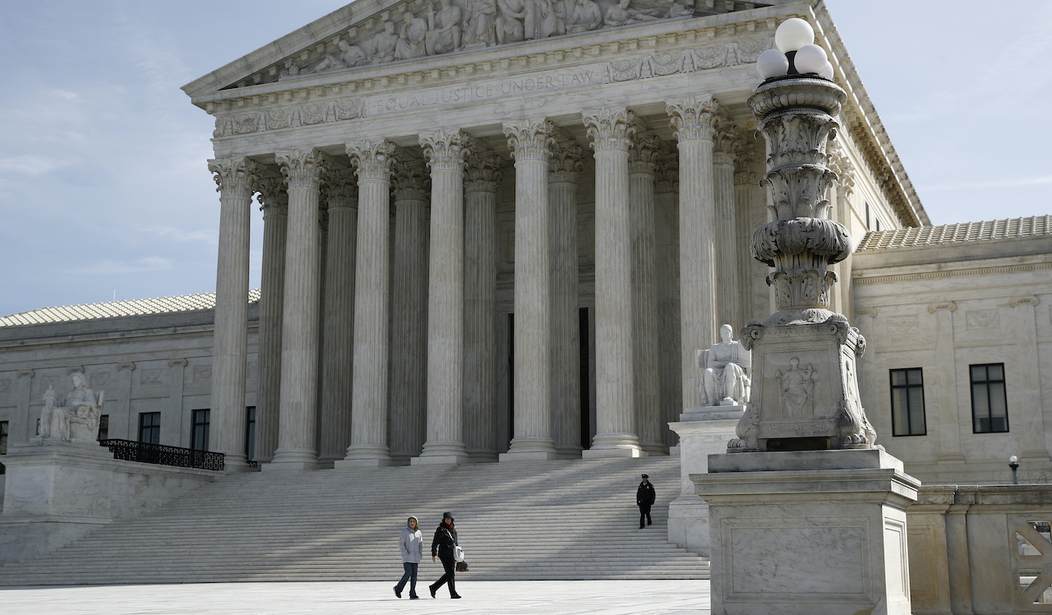

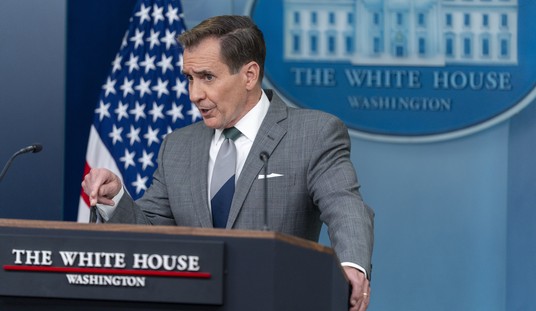

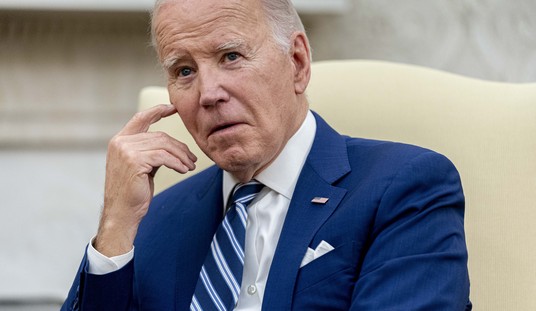




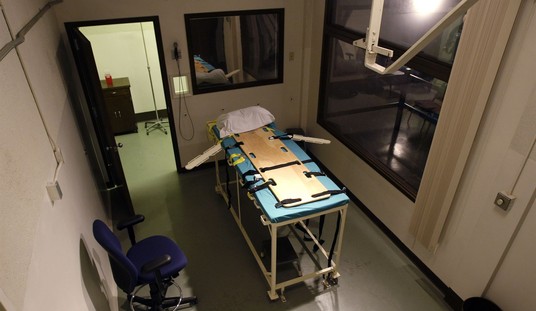



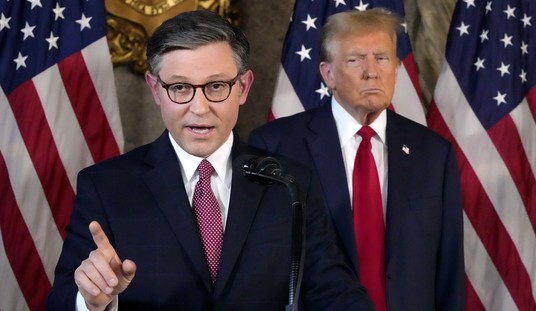
Join the conversation as a VIP Member